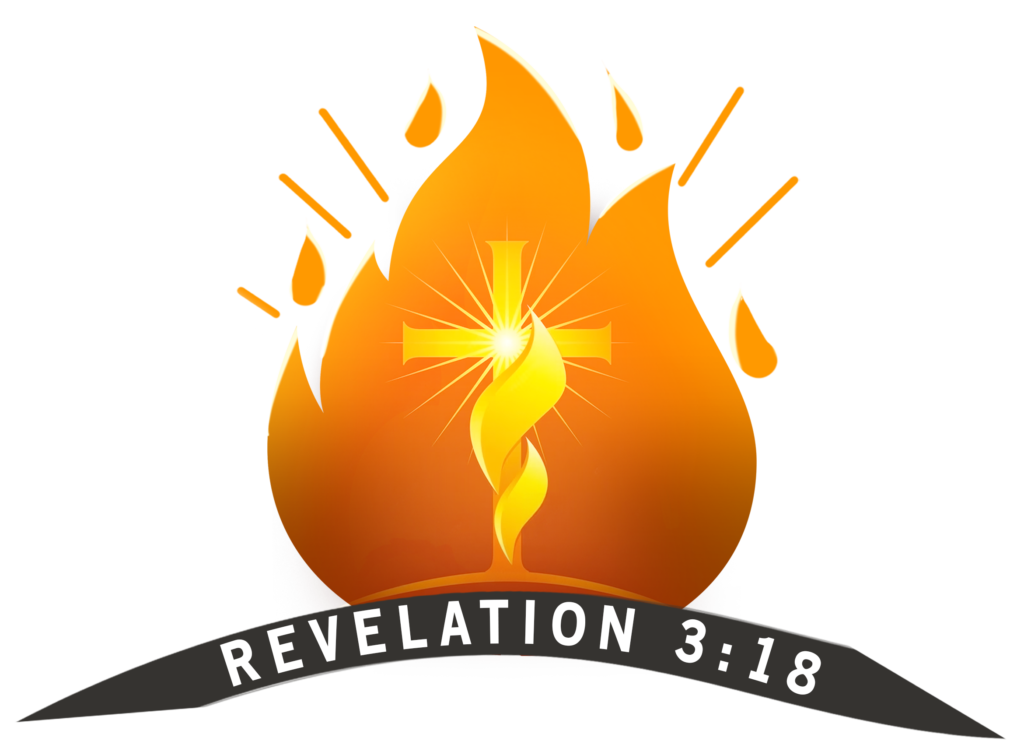Within Christianity, a long-standing debate revolves around the question of how one attains salvation. Two main groups hold distinct views on this matter: those who emphasize faith and those who believe it’s God’s sovereign choice. In this blog, we’ll explore these perspectives, their key arguments, and the impact on believers.
I. The Faith Perspective:
Some Christians argue that salvation is solely achieved through personal faith in Jesus Christ. They point to passages like Ephesians 2:8-9, which highlight the importance of faith as a gift from God. According to this perspective, human works play no part in salvation; instead, faith in Christ’s sacrifice on the cross is the key.
II. The God’s Choice Perspective:
Another viewpoint, often associated with Calvinism, asserts that God’s sovereign choice determines who is saved. Advocates of this perspective emphasize predestination, arguing that God chose individuals for salvation before the world began. This view underscores the idea that salvation is a result of God’s grace, not human merit.
III. Theological Nuances and Debates:
While these perspectives may seem opposing, many Christians find themselves navigating a middle ground, acknowledging the mystery of divine-human cooperation. Debates often involve discussions on free will, divine sovereignty, and the nature of God’s foreknowledge.
IV. Implications for Believers:
The debate on faith versus God’s choice has practical implications for believers, influencing their assurance, evangelism, and understanding of God. Regardless of one’s stance, the shared goal for Christians is a deepening relationship with God and a commitment to living out Christ’s teachings. Rustan is adamant that he personally received from God Himself, while praying diligently as to why He chooses some and not others, a clear voice straight into his mind. God spoke, “The prayers of My children.” This message explains, at least by in large, why He chooses those to be saved. So, it’s not His knowledge of who will have faith, but who will be faithful to obey the Lord’s Great Commission. Anything a Christian asks of the Father in His will He will do. God wills that none should perish. By in large, if the saints pray, God hears in eternity past and says “Yes.” If Christians don’t care and don’t pray, God does not send the Spirit to release those lost souls from their fallen condition and set them free to move to faith and salvation. The harmony is in that it is not about who will have faith, but who will be faithful to the mission. When the Church gets truly on board with their essential role in the plan for man’s salvation, the entire planet can have salvation. The Father is for it, as are Jesus and the Holy Spirit.
In the context of Rustan W. Hicks’ book, “The Last Great Awakening,” the discussion about the debate between faith and God’s choice in salvation aligns with the overarching theme of spiritual revival and the urgency Rustan emphasizes in his narrative. The book calls Christians to a deeper commitment and service to their Savior to rally America back to its true greatness through a spiritual awakening.
The call for unity, understanding, and humble acknowledgment of the mysteries of God’s plan resonates with Rustan’s message of confronting modern unbiblical paradigms to pave the way for another great awakening. The lessons from the historical Great Awakenings, as explored in the book, underscore the power of embracing responsibility in sharing the gospel.
The suggestions indicate that just as Rustan challenges Christians in his book, believers grappling with the question of salvation should focus on a shared commitment to Christ and the transformative power of God’s grace. In our lives, we can apply the lesson of recognizing the importance of personal commitment to our faith and understanding the role we play in sharing the message of Christ. The message conveyed by Rustan encourages believers to be proactive in their spiritual journey, recognizing the need for a personal revival that, collectively, can lead to a broader awakening in the Church and the nation and the world.










